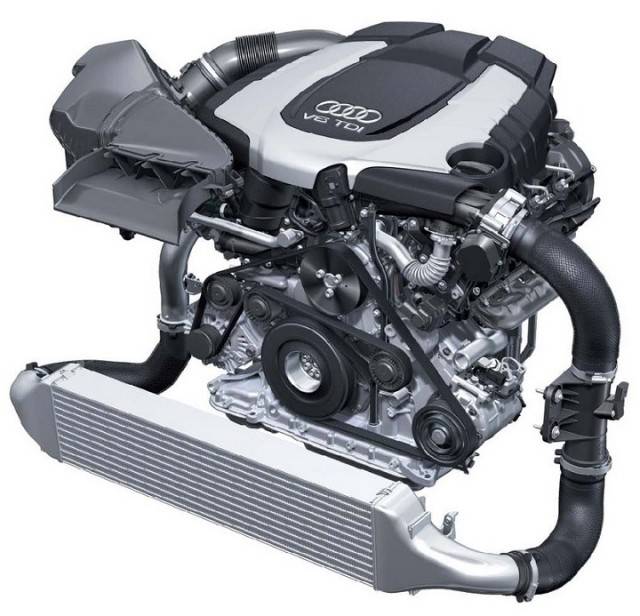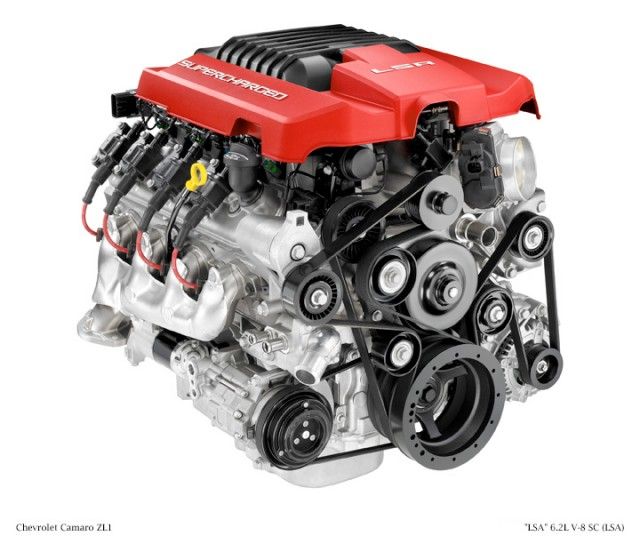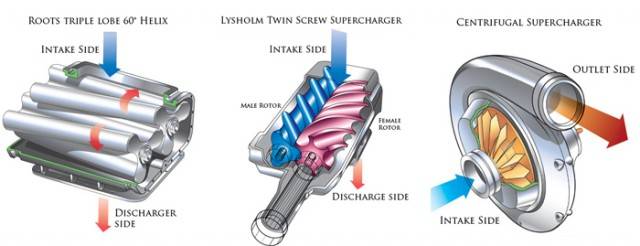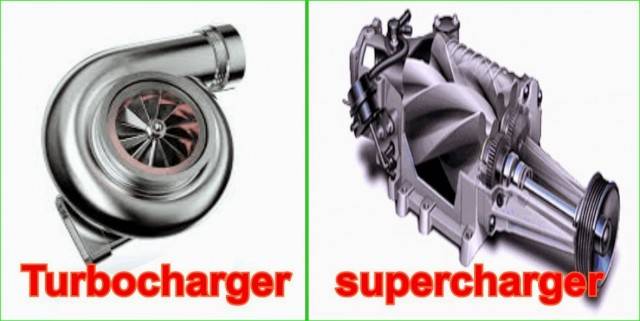Pros and Cons of Turbochargers and Superchargers

They look mighty complicated to understand, but the results are simple enough for everyone to see—they give more power to your car's engine. What's more, they also add torque while using the same (or even less) fuel.
Turbochargers and superchargers share the same basic function of forcing air into the cylinder to boost engine power, but they have different ways of doing them.
Turbochargers

Turbochargers work by relying on exhaust gases to spin a turbine, and this, in turn, spins an air compressor which pushes extra air into the cylinders and creates that boost.
Simply speaking, turbochargers work by the pressure of exhaust gases.
To make it easier to understand, here’s a video of how it works.
Here’s how it’s made.
Superchargers

A supercharger is powered by an engine belt from the engine’s crankshaft. This spins the compressor gear that draws the air in. The air is then squeezed into the intake manifold, which creates high pressure and boost.
Simply speaking, they’re mechanically driven by the engine crankshaft.
To make it easier to understand, here’s how it works.
Here’s how it’s made.
Three Types of Superchargers
Keep in mind that there are three types of superchargers commonly used today. They include: @http://www.diamondp.com
@http://www.diamondp.com- Roots - best for street use, towing, extreme drag racing, and show vehicles
- Centrifugal - best for street use, commercial use, road racing, and drag racing
- Twin-Screw superchargers - best for towing, road racing, and drag racing
You can watch this video to learn more about them.
Pros and Cons of Turbochargers vs. Superchargers
So what are the strengths and weaknesses of both? Here are some of them:
|
Advantages of Turbochargers vs. Superchargers |
|
|
Turbochargers |
Superchargers |
|
|
|
Disadvantages of Turbochargers vs. Superchargers |
|
| Turbochargers | Superchargers |
|
|
Choosing Between Turbochargers and Superchargers
Choosing between the two is actually a matter of personal taste, since they boost power and torque quite well.
From our experience, superchargers actually do a bit better when it comes to ordinary vehicles, while turbochargers are great for performance vehicles.
We also think both of them sound great, with turbos sounding like a whistle with a bit of "guttural sound" compared to the ecstatic “whine” of a supercharger.
 @http://www.capuraca.com
@http://www.capuraca.comSome drivers prefer superchargers because they’re more reliable, easier to install, and great with large vehicles, while others prefer turbochargers because they’re quieter, a bit cheaper, and more flexible with smaller-sized engines.
However, it takes a turbocharged engine some time before it kicks in. It can also create turbo lags that can last a few tenths of a second or even a full 2-3 seconds.
You can easily remedy this by using two or twin turbochargers, with one working at low RPMs, while the other at higher RPMs.
Turbochargers also generate too much heat. It’s also difficult to install and calibrate, so you really need an expert to do all the re-routing and re-bolting on the engine.
Superchargers, on the other hand, are expensive, and will require a huge financial investment on your part. They’re not as energy-efficient as well, since they use up some portion of the engine’s belt and crankshaft's energy to operate correctly.
Featured Articles
- Latest
- Popular
Recommended Articles For You
Featured Cars
- Latest
- Upcoming
- Popular
Car Articles From Zigwheels
- News
- Article Feature
- Advisory Stories
- Road Test

